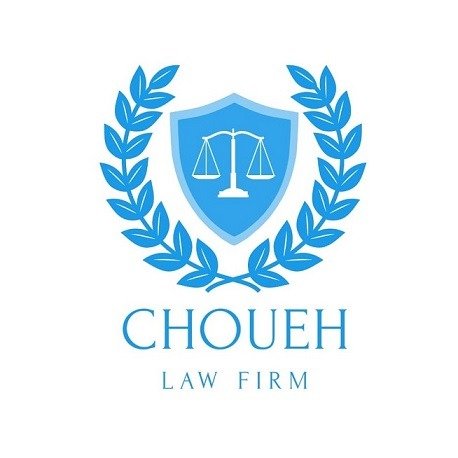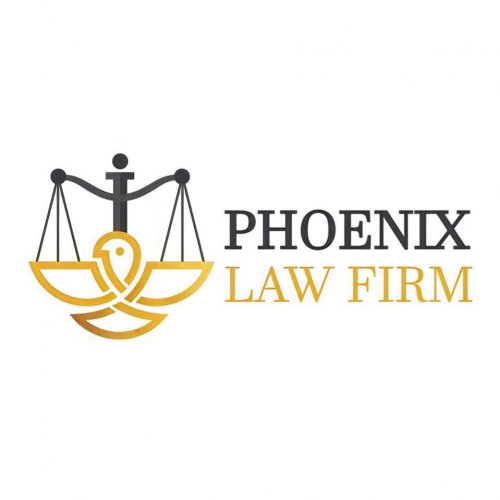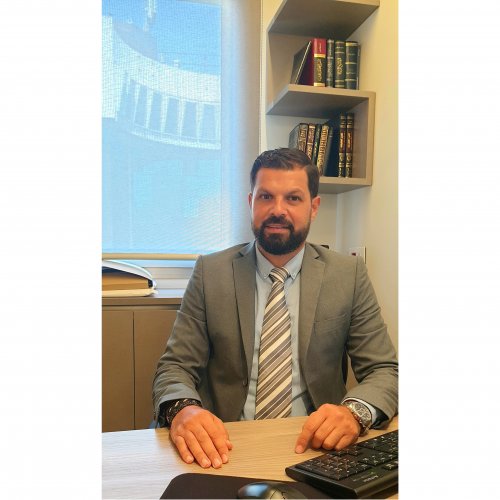Best Public-Private Partnerships (PPP) Lawyers in Lebanon
Share your needs with us, get contacted by law firms.
Free. Takes 2 min.
Or refine your search by selecting a city:
List of the best lawyers in Lebanon
About Public-Private Partnerships (PPP) Law in Lebanon
Public-Private Partnerships (PPP) are collaborative arrangements between government entities and private sector companies, aimed at funding, developing, and operating projects that serve the public interest. In Lebanon, PPPs are primarily governed by Law No. 48, enacted on 7 September 2017, which provides a clear legal framework for structuring, approving, and regulating PPP projects. This law encourages investment in vital infrastructure and services, helping to bridge gaps in sectors such as transport, utilities, telecommunications, healthcare, and education. The PPP model allows for the sharing of risks and rewards between the public and private sectors, resulting in improved efficiency, innovation, and resource allocation for the development of Lebanon’s infrastructure.
Why You May Need a Lawyer
Engaging in Public-Private Partnerships in Lebanon involves navigating complex legal and regulatory environments. Whether you represent a government authority, a private investor, or a consortium, seeking legal advice is essential in a variety of scenarios. Common situations that often require legal assistance include:
- Reviewing and negotiating PPP contracts and agreements
- Understanding compliance and regulatory requirements specific to Lebanon
- Assisting with the bid submission process for potential private sector partners
- Advising on risk allocation, dispute resolution mechanisms, and financial structuring
- Support with land use, environmental considerations, and public procurement laws
- Addressing tax, labor, and operational issues
- Ensuring alignment with international best practices and local legislation
An experienced lawyer can protect your legal rights, identify potential risks, and streamline the process from project inception to completion.
Local Laws Overview
Law No. 48 of 2017, known as the PPP Law, is the cornerstone of PPP regulation in Lebanon. Key aspects of this law and related regulations include:
- Establishment of the Higher Council for Privatization and Partnership, responsible for supervising PPP projects
- Setting transparent criteria for project selection, competitive bidding, and project award procedures
- Defining the rights and obligations of public and private partners throughout the project lifecycle
- Providing a clear framework for risk identification, allocation, and mitigation between parties
- Mandating feasibility studies and value-for-money assessments for all proposed PPP projects
- Outlining the approval process which requires consent from the Council of Ministers and Parliament for strategic projects
- Regulating matters related to land acquisition, expropriation, and compensation for affected parties
- Ensuring contract transparency and oversight to prevent corruption and mismanagement
- Clarifying dispute resolution procedures, often referring parties to arbitration or local courts
In addition to Law No. 48, various sectoral laws, tax regulations, and public procurement standards may apply depending on the nature and scope of the PPP project.
Frequently Asked Questions
What types of projects can be developed under a PPP agreement in Lebanon?
PPP agreements in Lebanon can cover a wide range of infrastructure and service projects, including roads, power plants, water supply networks, schools, hospitals, port facilities, and telecommunications infrastructure.
Who oversees PPP projects in Lebanon?
The Higher Council for Privatization and Partnership supervises the planning, approval, and execution of PPP projects in coordination with relevant government ministries and agencies.
What is the typical structure of a PPP contract in Lebanon?
PPP contracts in Lebanon generally allocate specific responsibilities, risks, and rewards between the public entity and the private partner, covering design, construction, financing, operation, and maintenance of the project.
Are foreign companies eligible to participate in PPP projects?
Yes, foreign entities can participate, usually through local subsidiaries, joint ventures, or consortia, provided they meet the legal and financial requirements specified in the tender documents.
How are PPP projects awarded?
Projects are typically awarded through a competitive bidding process, ensuring transparency and equal opportunity for all qualified bidders, with criteria based on technical expertise, financial capability, and value-for-money proposals.
What legal risks are involved in PPP projects?
Key legal risks include potential regulatory changes, contract disputes, financial uncertainties, land acquisition issues, and compliance with environmental and social standards.
What kind of legal protection do investors have in PPP projects?
The PPP law and related regulations provide robust protections, including contract enforcement, dispute resolution mechanisms, and procedures for compensation in the event of expropriation or early termination.
How are disputes resolved in PPP contracts?
PPP contracts typically include provisions for amicable settlement, followed by arbitration or recourse to Lebanese courts if necessary.
What tax incentives or obligations apply to PPP projects?
Some PPP projects may be eligible for tax incentives, exemptions, or custom facilities depending on the project’s strategic importance and applicable investment laws. However, each project must comply with Lebanese tax regulations.
How can a lawyer help throughout the PPP process?
A lawyer provides essential support by advising on legal structures, drafting and reviewing contracts, ensuring compliance with all regulatory requirements, and resolving disputes efficiently.
Additional Resources
If you need further information or assistance related to PPPs in Lebanon, consider reaching out to the following resources or organizations:
- The Higher Council for Privatization and Partnership (HCPP)
- Ministry of Finance
- Ministry of Public Works and Transport
- Investment Development Authority of Lebanon (IDAL)
- Lebanese Bar Association
- Chambers of Commerce, Industry, and Agriculture
- International organizations such as the World Bank and the European Bank for Reconstruction and Development, which provide guidance and support on PPP projects
- Local law firms specializing in PPP and infrastructure law
Next Steps
If you are considering entering into a PPP in Lebanon or are already involved in a project, it is advisable to consult a qualified lawyer with experience in PPP law and infrastructure development. Start by gathering all relevant documentation, identifying your project’s objectives, and preparing a list of questions for your legal advisor. A specialized lawyer can help clarify your rights and obligations, assist with negotiations, draft the necessary agreements, and represent your interests should a dispute arise. Proactive legal guidance will ensure that your project is structured in compliance with local regulations and best practices, minimizing risks and enhancing the likelihood of success.
Take the time to research and select a lawyer or firm with a proven track record in PPP transactions. Schedule an initial consultation to discuss your needs and develop a tailored legal strategy. This approach will help safeguard your investment and ensure effective and legally sound participation in Lebanon’s evolving infrastructure sector.
Lawzana helps you find the best lawyers and law firms in Lebanon through a curated and pre-screened list of qualified legal professionals. Our platform offers rankings and detailed profiles of attorneys and law firms, allowing you to compare based on practice areas, including Public-Private Partnerships (PPP), experience, and client feedback.
Each profile includes a description of the firm's areas of practice, client reviews, team members and partners, year of establishment, spoken languages, office locations, contact information, social media presence, and any published articles or resources. Most firms on our platform speak English and are experienced in both local and international legal matters.
Get a quote from top-rated law firms in Lebanon — quickly, securely, and without unnecessary hassle.
Disclaimer:
The information provided on this page is for general informational purposes only and does not constitute legal advice. While we strive to ensure the accuracy and relevance of the content, legal information may change over time, and interpretations of the law can vary. You should always consult with a qualified legal professional for advice specific to your situation.
We disclaim all liability for actions taken or not taken based on the content of this page. If you believe any information is incorrect or outdated, please contact us, and we will review and update it where appropriate.
Browse public-private partnerships (ppp) law firms by city in Lebanon
Refine your search by selecting a city.










